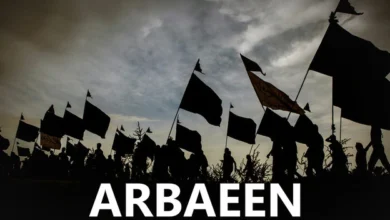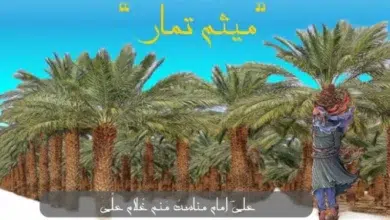25th Zilqad:The Day Of Daw al Arz And Amaal

Daw al Arz
Daw al Arz is the 25th day of the month of Zulqada, which, according to certain hadiths, marks the period when God created the Earth by spreading it out from under the surface of the ocean. Dahw al-Arz is considered to be one of the holiest days of the year in Islam. It is strongly advised in hadiths that worships like as fasting and prayer be undertaken on this day. Hadiths also state that this day is the best day to pray.
Meaning Of Daw al Arz
The phrase “Daw al Arz” may be found in the Quran as well as in hadiths. The verb “dahw” (Arabic) can be translated as “to spread,” “to extend,” or “to remove something from its position,” and the phrase “dahw al-ard” translates to “the spreading of the earth.”
The term “Daw al Arz” refers to the process through which landmasses emerged from the oceans that formerly covered the entire planet. According to ancient Islamic texts, such as hadiths, the whole surface of the planet was at one point submerged in water. Subsequently, the landmasses emerged.
The day that the land first emerged above the ocean is referred to as “Daw al Arz.” The Ka’ba in Mecca is said to have been the first piece of land to emerge from the sea, in accordance with the tales of the local history of Mecca. There are doubts and differences of opinion over the precise meaning of the term “Daw al Arz” as well as the credibility of hadiths in this regard.
The History of Daw al Arz and the Events That Took Place There
There is consensus among hadiths and books of fiqh that the date of Dahw al-Arz is the 25th of Zulqada and that it is obligatory to observe the fast on this particular day. According to historical accounts, Dahw al-Ard took place during the month of Mehr in the solar calendar, which corresponds to about the month of October nowadays. On the 25th of Zulqada, also known as Dahw al-Arz, it is said that a number of important prophetic historical events took place, including:
The manifestation of the first divine kindness on Adam (a), the arrival of Noah’s Ark on Mount Judi, the birth of the prophet Abraham (as), and the birth of the prophet Jesus (as)
The Holy Quran:
The root “d-h-w” appears just once in the Quran, in verse 79:30, and it is expressed in the form of a single, masculine, third-person past tense (da’/ ). Under this verse, exegetes of the Quran have offered their interpretations of the passage by commenting on the creation of the earth and its spreading (dahw).
The Quran does not provide any information on the process of how and where the Earth’s crust began to expand. The sole reference the Quran makes to a time frame for the happening of the event is “after that,” and the exegetes of the Quran cannot agree on what period of time this phrase is referring to.
According to al-Fakhr al-Razi’s understanding of the preceding phrase from the Quran, the term “dahw” does not refer to the simple spreading of the earth; rather, it refers to a form of spreading that prepares the earth for the growth of plants, and this type of spreading can only take place after the creation of the sky. Muhammad Baqir al-Majlisi has provided a response to challenges about the origin of the earth and its subsequent expansion and included a number of hadiths in his explanation.
Ammal that are recommended on this day:
Some forms of worship are suggested for today in many sources of supplication, including:
- Fasting
- Ghusl
- The prayer should last for two rak’as at midday, with Sura al-Hamd repeated first, Sura al-Shams read five times after that, and then a specific petition recited after the prayer.
Ziyara of Imam al-Raza (as)




